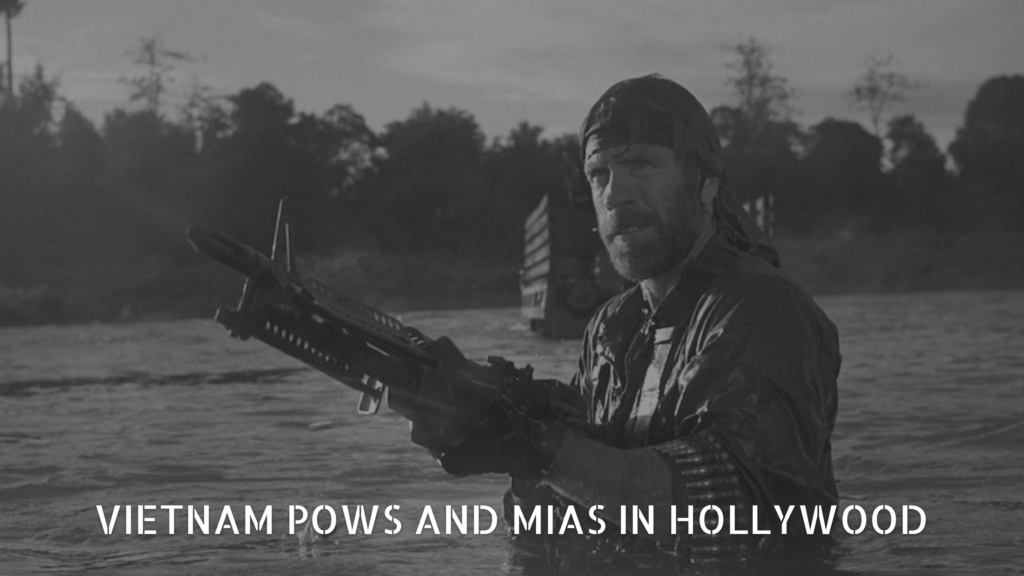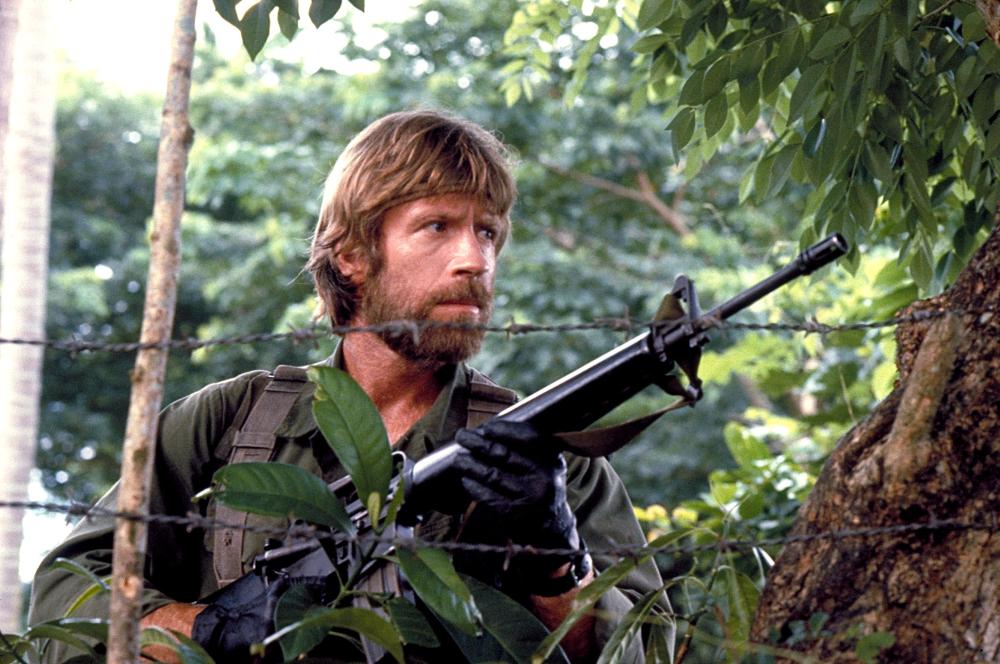Panel Seven


Hollywood has contributed to many misconceptions regarding Vietnam War veterans, particularly prisoners of war (POWs). In the 1970s, the strong anti-Vietnam War sentiment in America, which was reported in the media and widespread on college campuses influenced how Vietnam veterans and ex-prisoners were depicted on screen. In these films, former POWs are portrayed as broken individuals with psychological scars from their time in captivity who seek vengeance on the country that abandoned them.
Politically, the POW-MIA issue was revisited in 1981, after Ronald Reagan was elected president. The matter of finding American POWs and those missing in action (MIAs) was elevated to a top national priority by President Reagan. This idea was quickly adopted by Hollywood, and a new genre of POW movie evolved in which Americans went back to Southeast Asia to rescue those
left behind. By rescuing POWs on screen, America achieved what it could not do, fully account for those still missing in Southeast Asia.
The POW-MIA “rescue fantasies” of the Reagan era have been abandoned by Hollywood. However, more recent films, such as the horror movie, MIA: A Greater Evil from 2018, illustrates how the unresolved POW-MIA issue still resonates with the American public.



